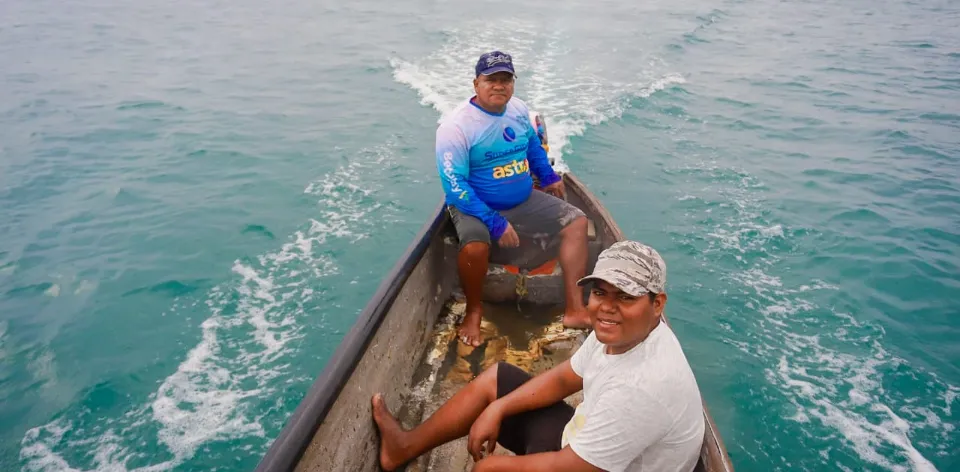 28/6/2024
28/6/2024
Zoning of Coastal Marine Fishing and Formulation of the Productive Aquaculture Planning, Actions by UPRA to Organize the Territory around Water

Bogotá D. C. (@UPRAColombia, @claudialili76). The National Development Plan 'Colombia Potencia Mundial de la Vida', effective from 2022 to 2026, sets a concrete commitment to solve socio-environmental conflicts, many of which arise from not recognizing water as a fundamental right and a common good.
In his government plan, President Gustavo Petro proposes to organize Colombian territory around water, which involves harmonizing the country's water potential with the fundamental right to access it, democratizing its use and management, promoting the protection of páramos, aquifers, and watersheds, ensuring wetland connectivity, reclaiming river spaces and their natural conditions, protecting biodiversity, restoring marine ecosystems, and harnessing the carbon absorption potential of the Amazon as adaptation to climate change, among other aspects.
To realize the stipulations in the Development Plan, the Agricultural and Rural Planning Unit (UPRA) is undertaking a series of actions aimed at territorial planning around water. Alexander Rodríguez, Director of Efficient Land Use and Land Adjustment at UPRA, highlighted one of these actions: "We are progressing with several projects; firstly, the zoning of coastal marine fishing in different regions of the Pacific and Caribbean coasts, as an instrument to guide policy and focus marine fishing nationally."
Another action being advanced by UPRA relates to formulating the Productive Planning for Human Consumption Aquaculture Plan, which encompasses four species: trout, tilapia, cachama, and cultivated shrimp. This strategic planning process is projected for the next 20 years: "The aquaculture plan is being developed participatively, involving public and private stakeholders, with the purpose of identifying bottlenecks in the sector. How can we solve them and strategically implement activities that lead us to a development objective for the next two decades?" the official commented.
For the leader of Efficient Land Use and Land Adjustment at UPRA, organizing the territory around water means placing the protection of biodiversity and the people inhabiting rural areas at the center of water resource planning: "Organizing around water is a strategy aimed at ensuring the protection of agricultural and livestock production territories, with the goal of guaranteeing food security and, in particular, the human right to adequate food. It involves protecting water resources, soil, and natural resources to ensure the food security of inhabitants in Colombian territory," he concluded.

